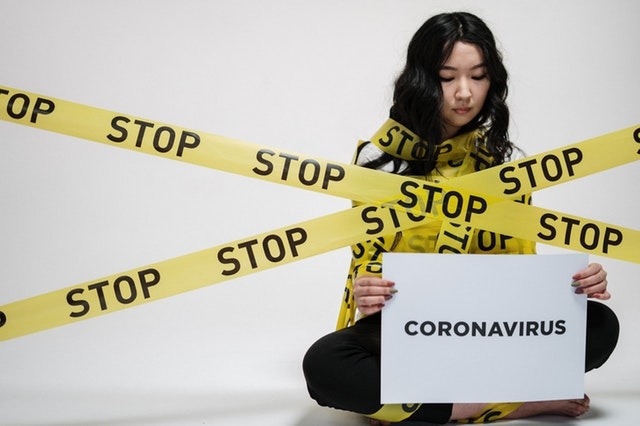To fight different diseases, countries around the globe act accordingly, enforcing measures such as new misdemeanors or even criminal penalties, just to fulfill their obligation to maintain public health.
That means according to the situation in every country they make analysis for which measures will be more efficient, and they enforce them through their legal system. This article will compare 4 different approaches of fighting the new COVID-19, also known as coronavirus.
Post-Covid Implications on the Force Majeure Clause
In the USA, some states changed the self-quarantine announcement with a legally enforced quarantine order for COVID-19.
Having in mind that new COVID-19 spreads through people in their respiratory droplets released when the infected person sneezes or coughs people will have to avoid any contacts between them for 2 weeks (most common period). Once someone is in self-isolation or self-quarantine that means that the person voluntarily takes measures, but if the officials find out that people do not respect them, usually they enforce quarantine orders (ex. Washington was the first state to declare an emergency on 29 of February after the first death of COVID-19, in California March 4th). All that because state and local governments are primarily responsible for maintaining public health. Violating these health orders would not explicitly mean jail or fines. Even when the authorities have the power to act and implement legal orders, they are seldom used. However, if such a case is processed, depending on the state, you can face felony charges and/or face a max to a year of jail time. Penalties in South Carolina, Texas and Mississippi have jail up to 1 year and/or fines max $10.000 for breaking quarantine orders. In comparison with other countries in the world, these are decent sanctions.
Quarantine To Solve COVID-19 Issue: What Role Do The State And Federal Laws Play? – Legamart
On the other hand, in Argentina authorities are arresting individuals that break mandatory quarantine during COVID-19 in order to slow down the spreading of the virus.
All the people not respecting the orders are pursued criminally. President Alberto Fernandez said, “Anyone who has to be in quarantine is going to follow it, and if they don’t, we’re going to pursue them criminally.”. A charge is defying measures meant to impede the introduction of the epidemic, and this charge comes with six months to 2 years of imprisonment. Have in mind that the country banned entry of non-resident arriving from the coronavirus hit countries with a decree established for 30 days at first. In comparison with other countries, these sanctions are really strong.
Italy is in total lockdown, some will say nationwide quarantine for the whole population. Lombardy area was the first region that had the worst-case scenario in Italy.
They did not act on time. The new decree includes more than 200 Euros fine and/or three months in jail for people not respecting some of the provisions such as the restricted movement for those positive to virus tests, or public gatherings. Some of the media wrote that more than 40.000 people were charged for not respecting the measures. Lombardy area raised the fines for violators a couple of days ago up to 5.000 Euros. There was a case against one man tested positive that went shopping. He was charged with ‘aiding the epidemic’. The sentence for this kind of criminal charge is max to 12 years of jail time. So far we can say that Italy loses the fight with COVID-19 despite the new draconic sanctions.
In Romania, officials announced stronger penalties for those who spread coronavirus.
On March 18 they adopted an emergency decree that increases the sanctions for people that will give false statements to the authorities and help to spread coronavirus. All the people that came from COVID-19 hit countries must fill statements with all true information. If they fail to respect the orders they commit a crime punishable with prison. It was a new crime written ‘failure to provide data’ which means if someone doesn’t provide complete information about persons with whom he came in contact, this is considered to be omission and a criminal case can be opened according to the prime minister’s announcement. So, the person who does not respect the measures imposed by the authorities and spreads the virus face jail time up to 5 years, and it can go up to 10 years if someone infects 2 or more people. Additionally, if someone dies as a result of the infection the penalty could go max to 15 years of jail time according to the Penal Code of Romania.
What can be considered?
Having in mind all of the above, the countries are looking for the most efficient way to make people protect public health and to keep the population safe, even when the people are the biggest danger to themselves. The approach with public announcements and voluntary self-quarantine has shown that it is not the best way to protect the population, and fight the coronavirus. The most important thing is to act on time and to make sure that the public health system is not overwhelmed with new cases. So far, the harsher criminal sentences have shown some effectiveness and better results in fighting COVID-19.





